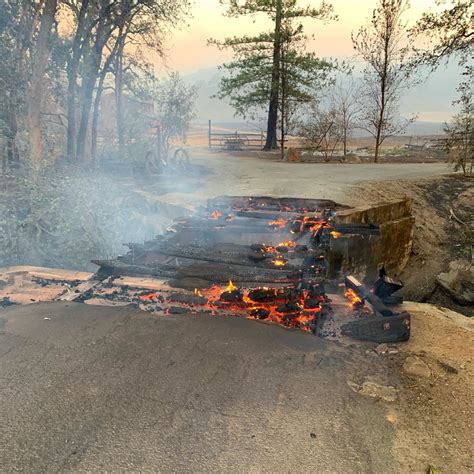Bridges to
The Light
Best read AFTER yesterday’s Devotion – below.
Monday, October 2, 2023
When We Think We Are Done In And Gone,
The Light Reveals Another Day
Another Way …
Isaiah 30:26
Moreover, the light of the moon will be like the light of the sun, and the light of the sun will be sevenfold, like the light of seven days, on the day when the Lord binds up the injuries of his people, and heals the wounds inflicted by his blow.
1 Peter 2:24
He himself bore our sins in his body on the cross, so that, free from sins, we might live for righteousness; by his wounds you have been healed.
…
Words of Grace For Today
As the Light of Christ shines brighter than the brightest sun, clearer than the clearest moon, then all our wounds he heals, all our wounds he makes strong. Where we thought we’d lost it all, where we thought we’d come to our end, exactly there the Spirit finds us, frees us from our past, transforms us into saints sent back into the darkness, into the darkness to share Christ’s Light and life, for all.
.
1.
Where are all the bridges in my life,
I looked for them in this quiet hermitage and there were so few,
maybe one, maybe two?
I’d done nothing to set the fires,
Truth I’d spoken at all costs,
I’d been breathing their smoke for years.
Where were all the bridges in my life?
Where were all the bridges in my life?
Was blessed solitude all … all I had left.
2.
Where are all the bridges in my life,
I thought I’d moved beyond the need for bridges in this home sweet home,
maybe still, maybe not?
Yet here they are bridges of my life,
Truth stands firm beneath them all,
standing solid, reaching far shores.
Where are all the bridges in my life?
Where are all the bridges in my life?
This blessed solitude thrives all in all.
3.
Where are all the bridges in my life,
I look for them in this quiet hermitage and there are countless,
surely one, surely all?
Streaming across, seeking this here peace,
Truth attracts in all kinds and ways,
Many struggle to make their way.
I’ve been breathing their smoke for years.
Here lead all the bridges in their lives.
Here start all the bridges in my life.
This blessed solitude is sought’n shared by all.
4.
Where are all the bridges in this life?
Where are all the bridges in this life?
This blessed solitude covers us now.
All is peaceful, all is still,
From it rises melodies of God’s Truth.
From it rises harmonies of God’s love.
Alone and connected through blessed music, dance, prayer
Bridges bring us all home at last,
across all rivers, obstacles, and dark valleys,
Bridges bring us all home at last,
where blessed solitude is sought’n shared in all,
where blessed solitude is sought’n shared all in all.
…
Truth Be Told,
By Grace Alone,
All is well at Last. All is well at Last. All manner of things are well at Last.










